5 Questions to Ask About Septic System Pumping
Septic systems are an essential component of many homes, especially in rural areas where access to community sewage systems is not feasible. However, maintaining a septic system requires periodic attention to ensure its proper function and longevity. Septic system pumping is a critical maintenance task that calls for the homeowner’s keen awareness. In this post, we will explore the critical questions you should be asking about septic system pumping to help keep your system running smoothly. By understanding the intricacies involved, you can save on costly repairs and ensure a safe environment.
1. How Often Should You Pump My Septic System?
One of the first questions on a homeowner's mind is how frequently septic system pumping should occur. We've observed that the answer largely depends on the size of your septic tank, the wastewater production from your home, and the number of people residing in your household. Generally, we tell customers that it is recommended to have your septic tank pumped every 3-5 years. However, if your household size increases or you frequently use water-intensive appliances, you may need more frequent pumping. Regular inspections can help gauge the necessary frequency more accurately, preventing complications from system overflow.
2. What Are the Signs That My Septic System Needs Pumping?
Recognizing early signs that your septic system requires pumping can mitigate damage and help you steer clear of costly repairs. Typical symptoms include slow drains, gurgling sounds in plumbing fixtures, and unpleasant odors around the septic tank area. In severe cases, sewage backups in the home can occur, indicating that immediate action is necessary. Additionally, you may notice unusually lush grass or standing water around the drain field, signaling potential septic system failures. Staying vigilant for these warning signs will allow you to address pumping needs promptly.
3. What Type of Septic Systems Do You Service?
Understanding the type of septic system present in your home is vital to maintaining it properly. Traditional septic systems consist of a tank and a gravel drain field. According to Forbes, a regular septic tank needs to be pumped every two to five years. However, if you live in a rural area and use an aerobic treatment unit (ATU) for your septic system, this typically requires annual cleaning. Knowing whether your system is conventional or alternative can guide proper maintenance practices and inform pumping schedules. Certain septic systems may have specific pumping requirements that differ from traditional setups.
4. How Does Routine Pumping Benefit My System?
Routine septic system pumping offers numerous benefits that go beyond just emptying your tank. Regular maintenance helps to remove solids that accumulate, reducing the chance of clogs and system failures. By preventing wastewater overflow and backups, routine pumping also facilitates cleaner soil absorption areas, ensuring that your system functions efficiently. Additionally, consistently scheduled pumping finds potential issues early, allowing for timely interventions before they transform into significant problems. This proactive approach can extend the lifespan of your septic system, ultimately saving you money and stress in the long term.
5. What Can I Do to Minimize Pumping Frequency?
Homeowners looking to extend the time between septic system pumpings can adopt several wastewater management strategies. Minimizing water consumption by fixing leaks, using water-efficient appliances, and being mindful of how much water you use can significantly impact your system's efficiency. Furthermore, avoid disposing of non-biodegradable substances, fats, oils, and harsh chemicals down the drain as these can disrupt the bacterial balance and lead to system clogs. Installing effluent filters and ensuring clear drain paths further support optimal septic system function. These practices not only support a healthier system but also contribute to environmental conservation.
As a homeowner with a septic system, understanding the dynamics of septic system pumping and maintenance is crucial to the longevity and efficiency of your waste management setup. By asking the right questions and implementing strategic practices, you ensure a well-functioning septic system that serves your household's needs. Frequent inspections, educated pumping schedules, and mindful water use can all contribute to preventing costly repairs and protecting your environment. Ultimately, a proactive approach to septic system maintenance helps provide peace of mind and a sustainable living environment. If you have any questions, please call Bay State Sewage Disposal, Inc. Environmental Services Company today. We look forward to hearing from you very soon!


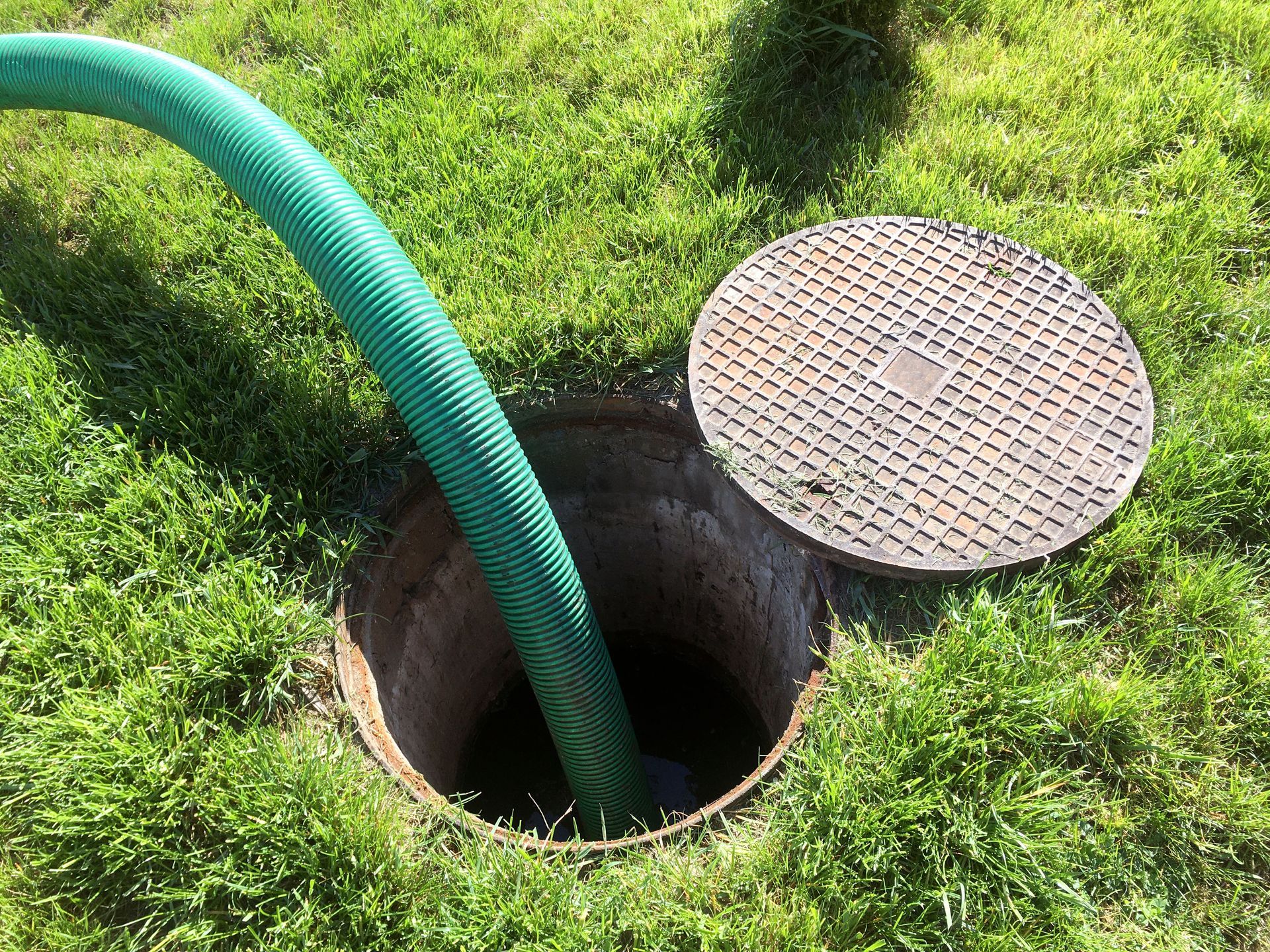
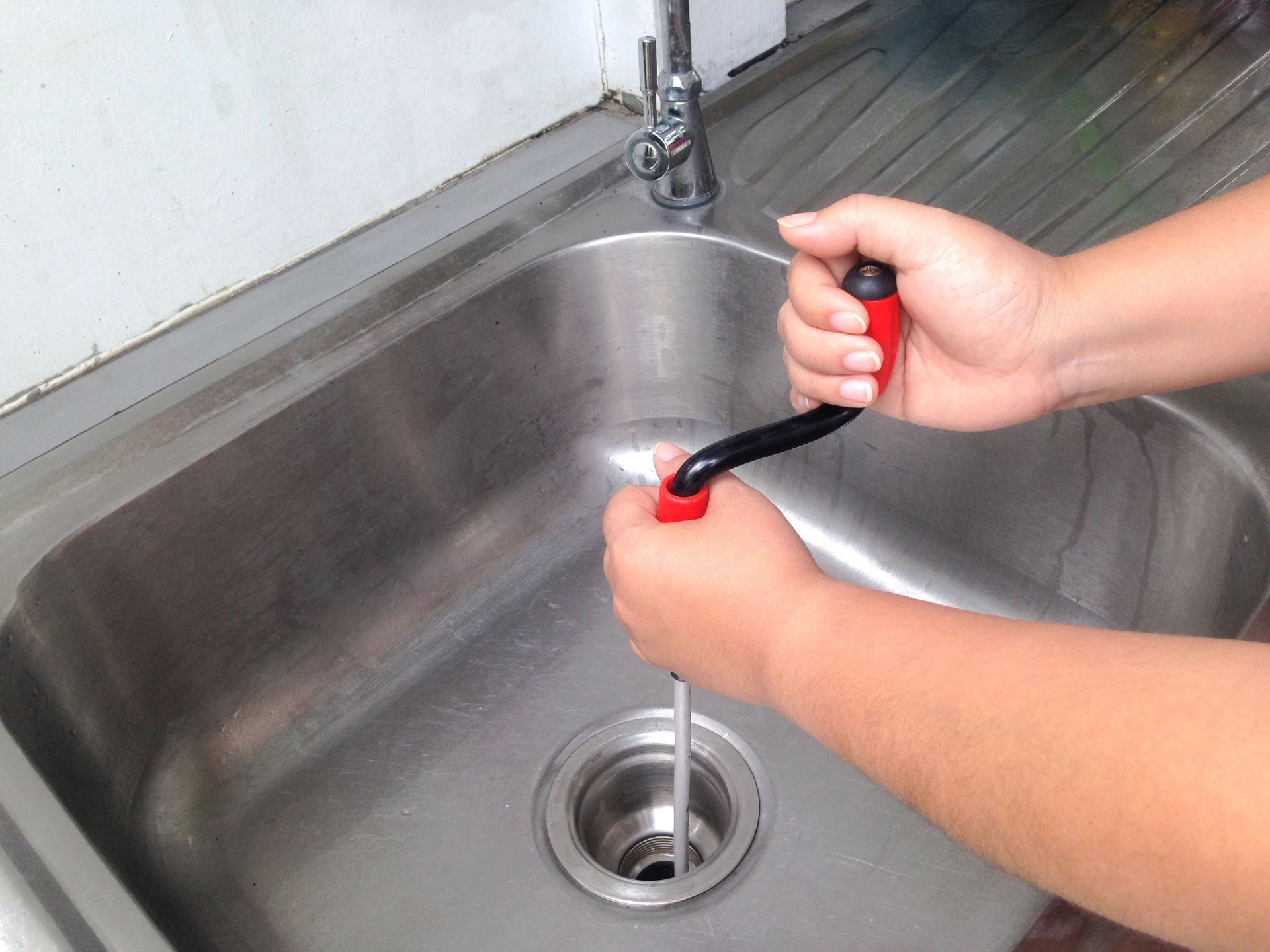
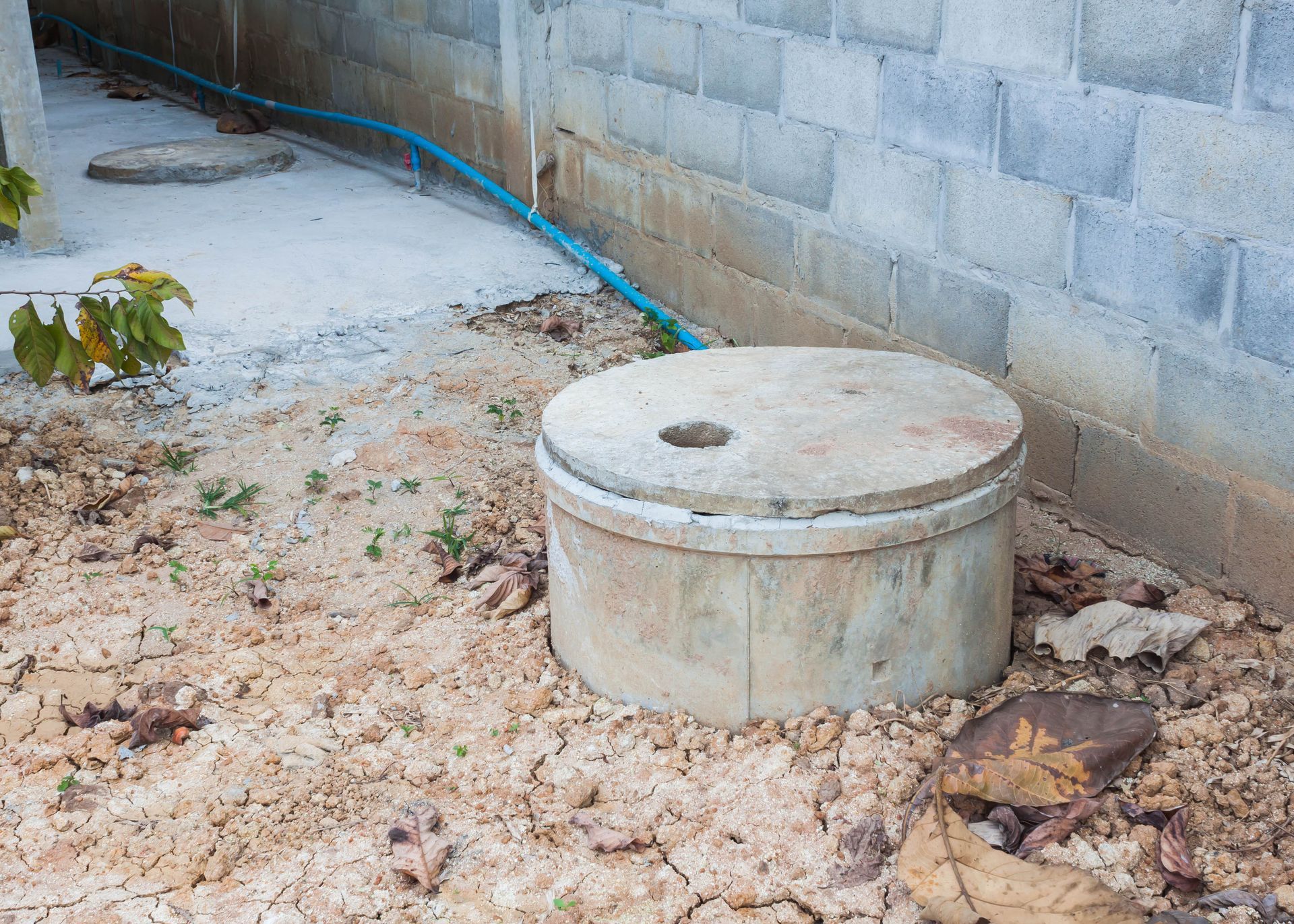
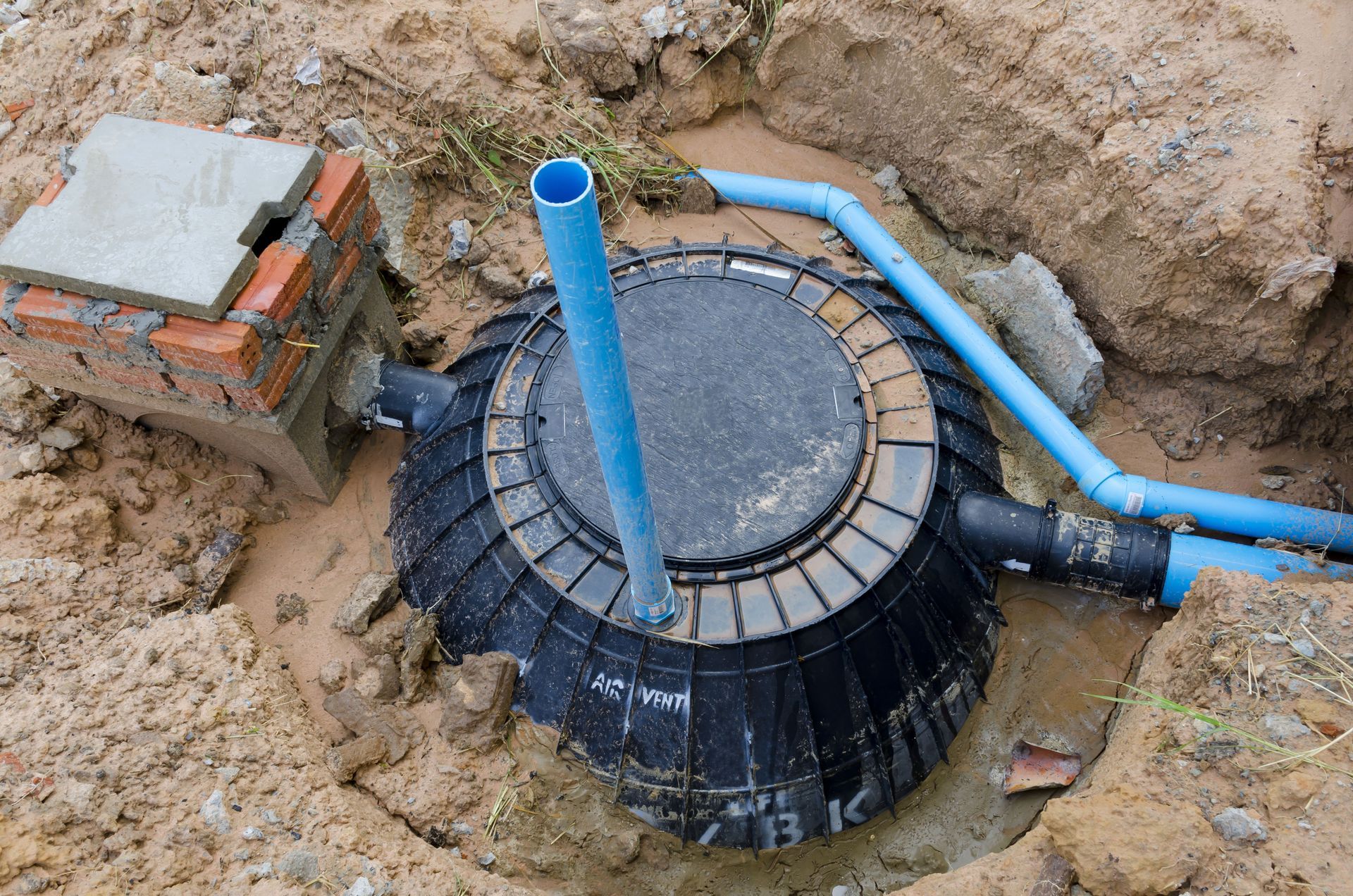

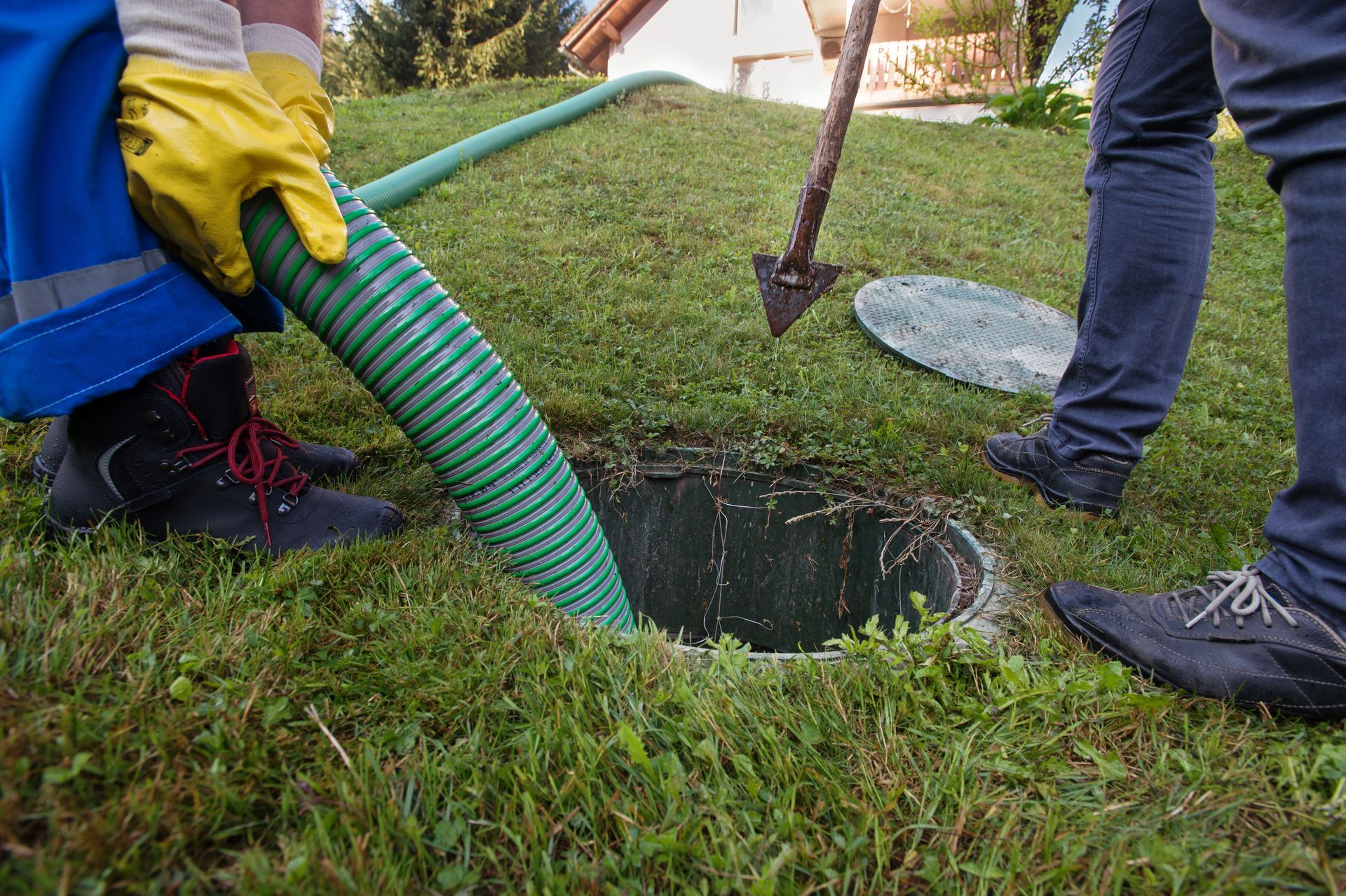
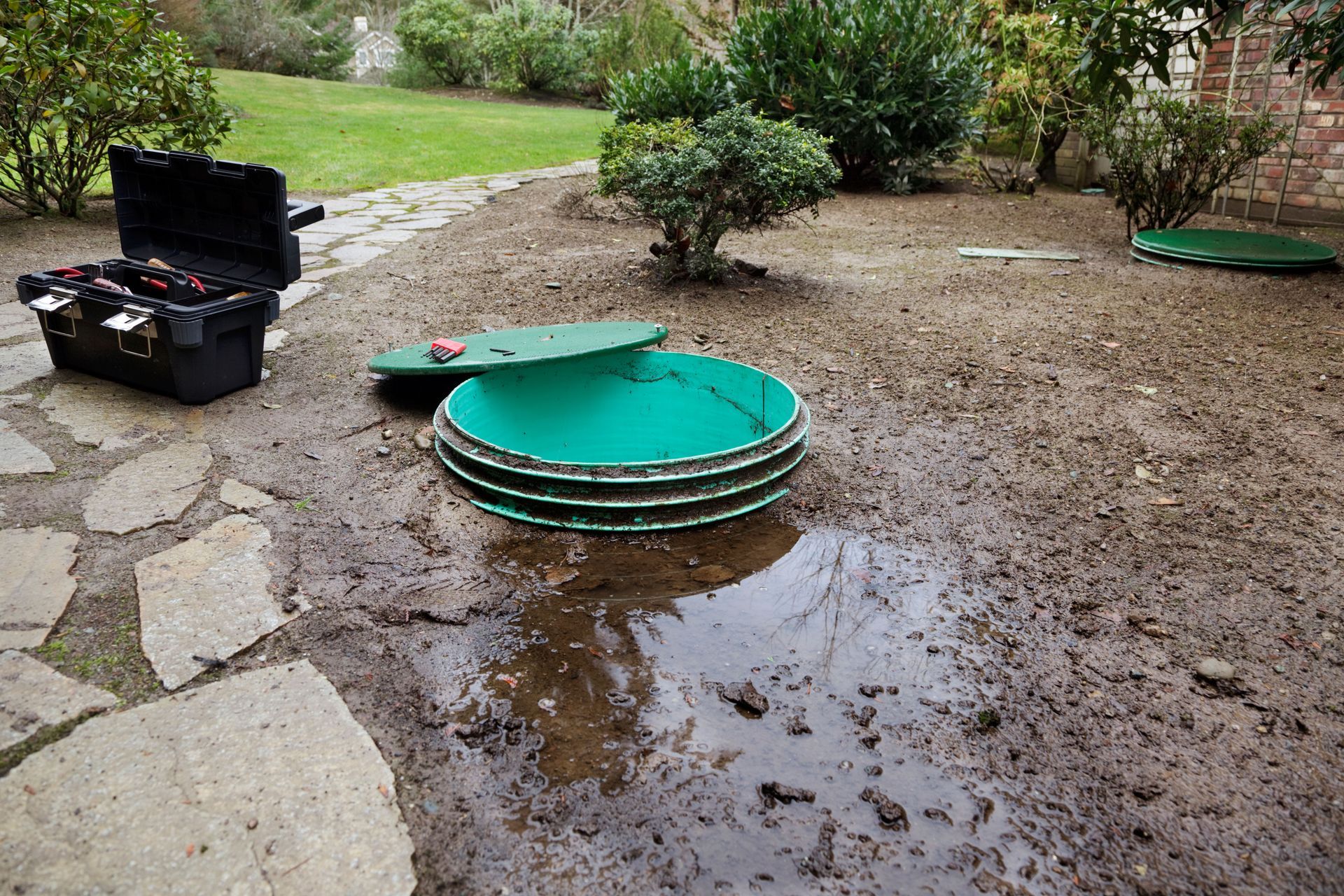

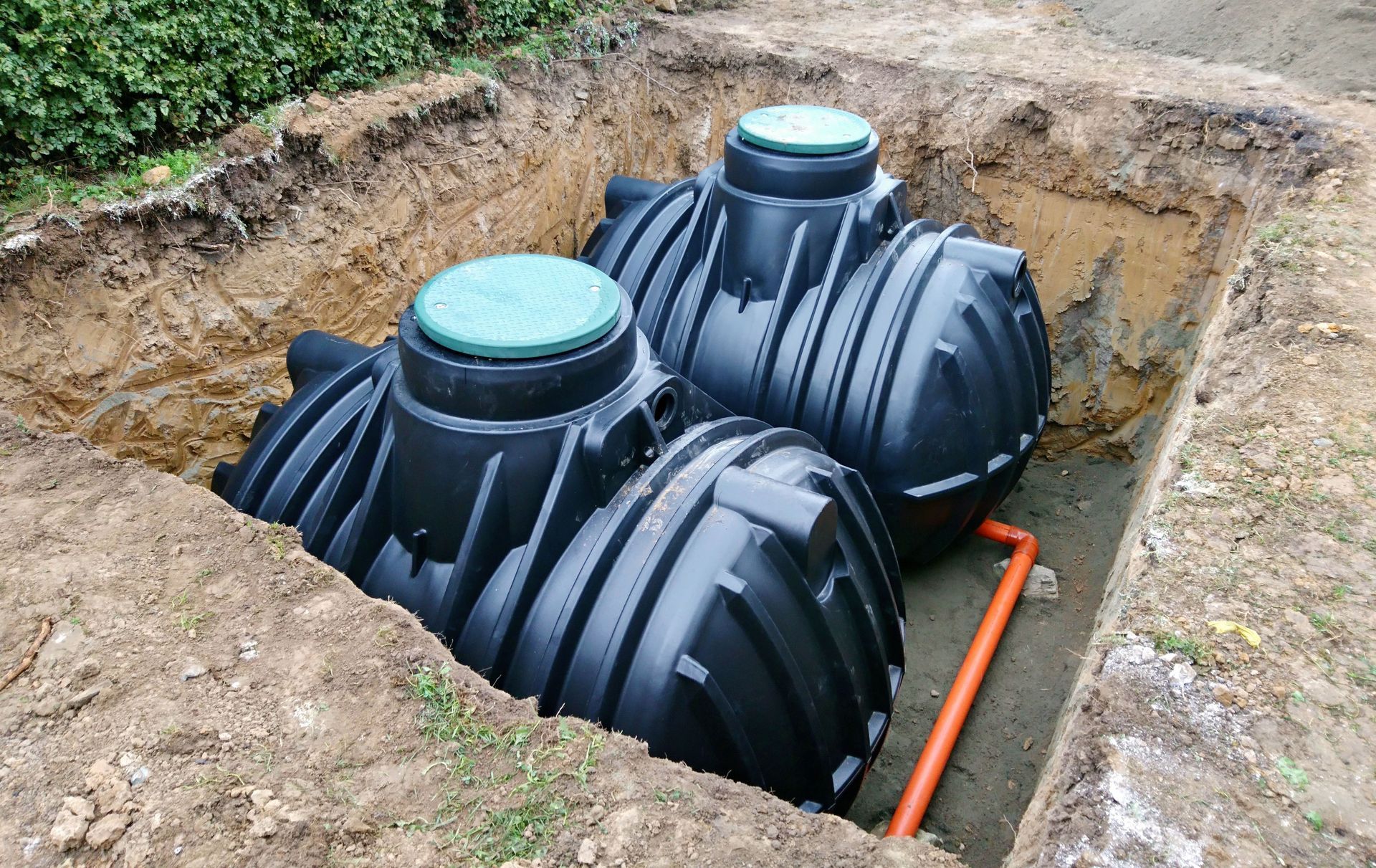
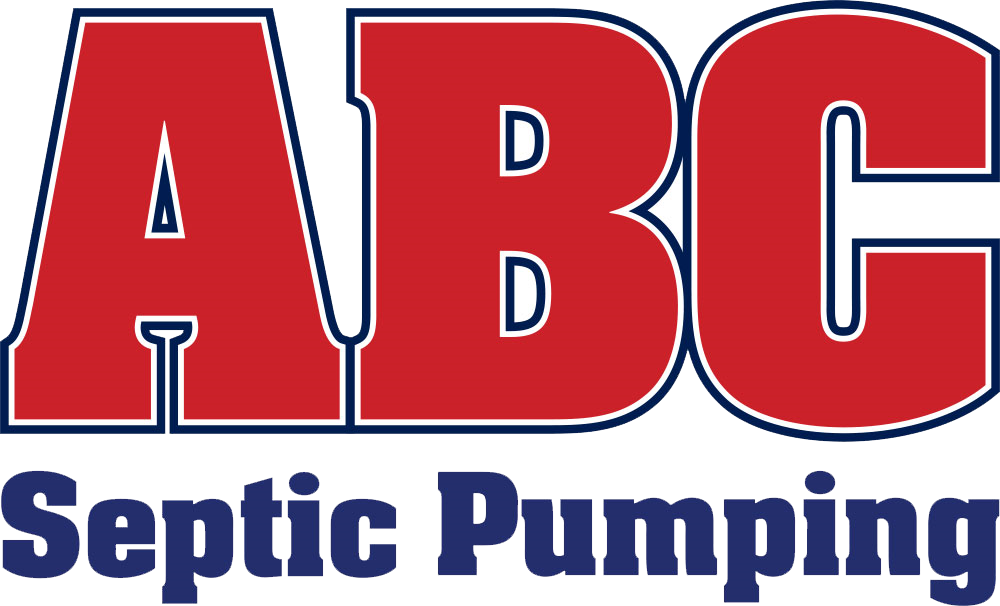

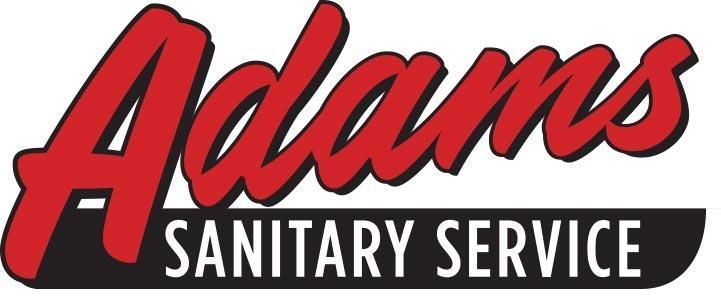







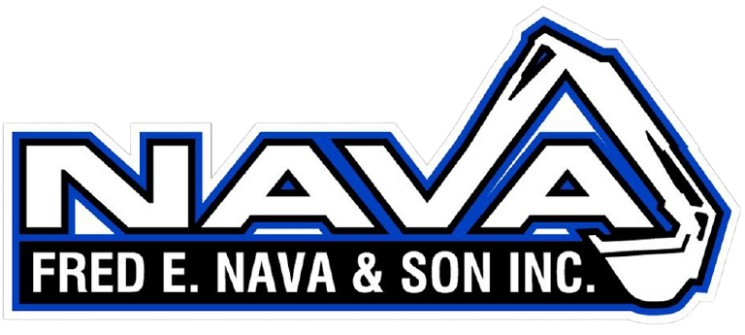




Share On: